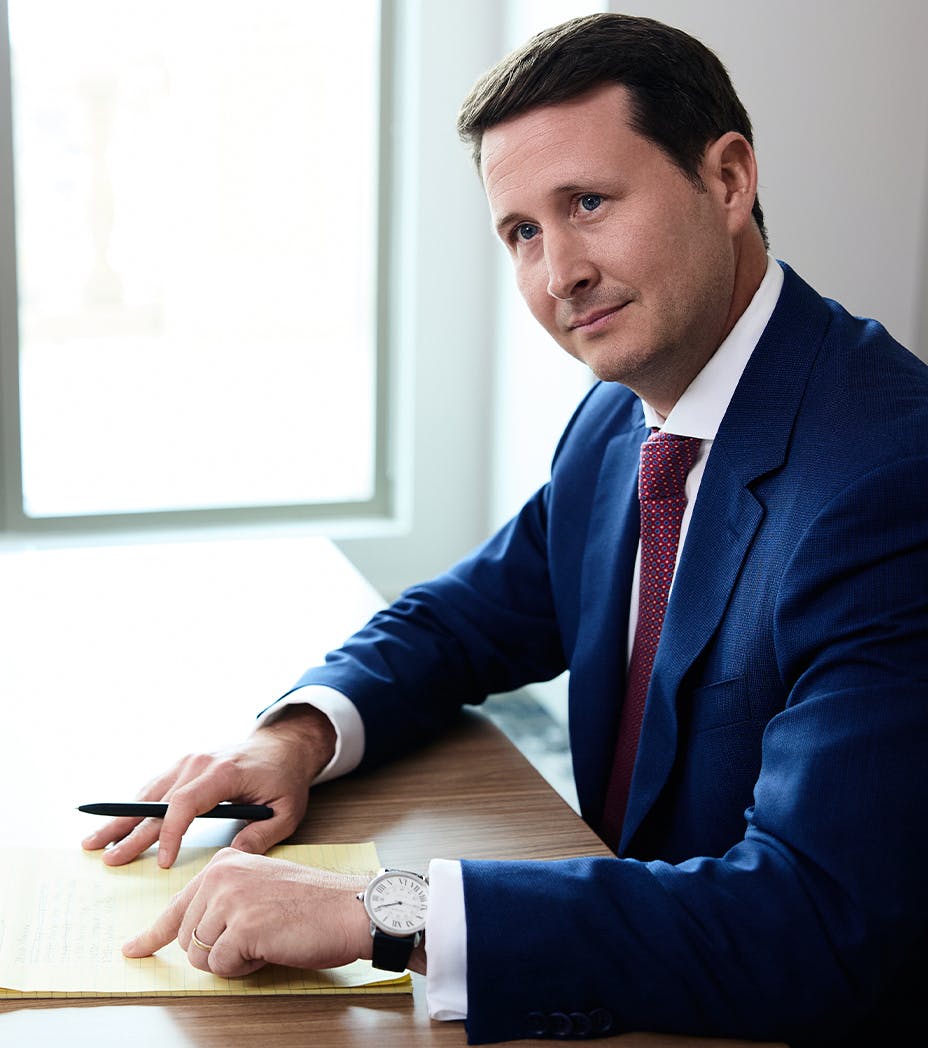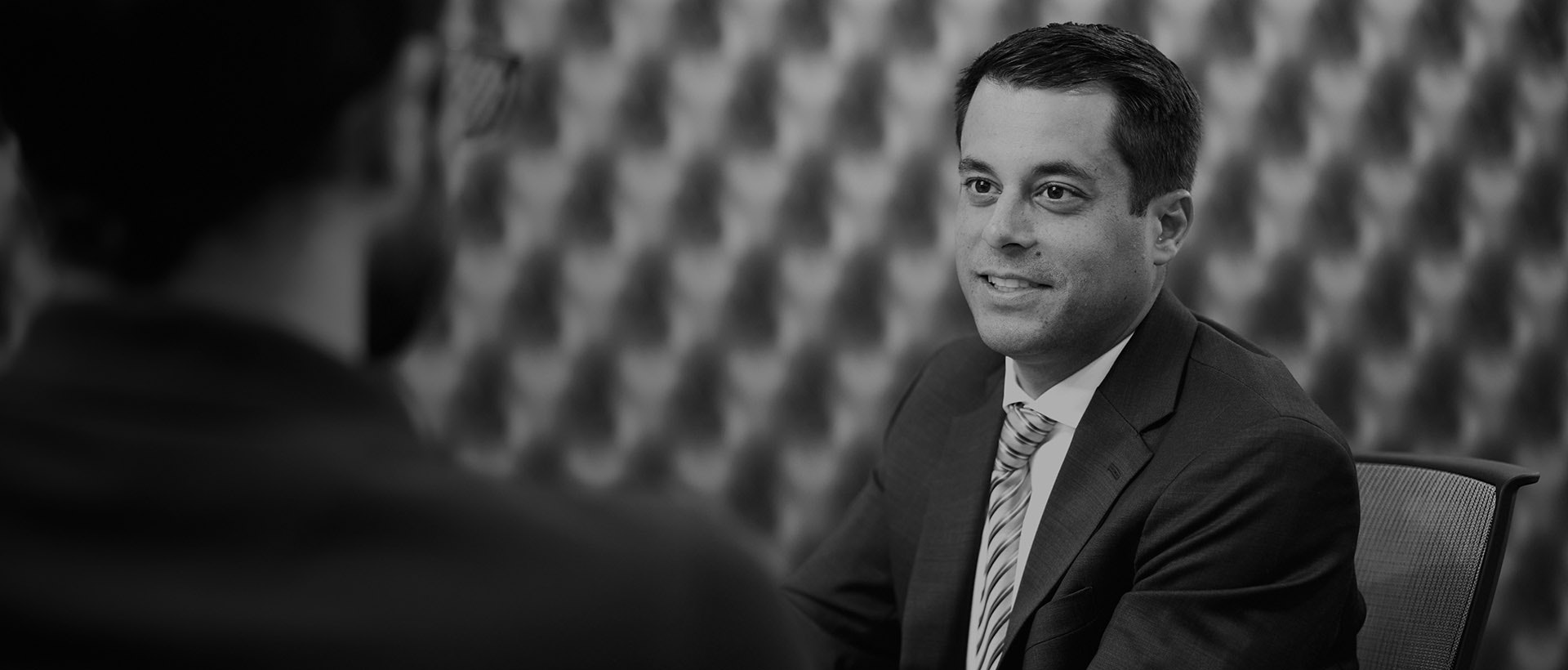In Florida, insurance companies are legally required to act in good faith when handling claims. Under Florida Statutes § 624.155, policyholders can sue an insurer that fails to fairly and promptly settle a valid claim. Unfortunately, coverage disputes are common in Miami, where general liability exposures are amplified by high tourism, dense real estate development, and maritime commerce. If your general liability claim has been denied, delayed, or undervalued, you may be entitled to compensation, and legal action may be the only way to enforce your rights.
How do I file a general liability insurance claim in Miami?
Notify your insurer immediately in writing, provide all necessary documentation, and keep a paper trail.
What does it cost to hire VGD?
We handle these cases on a contingency fee basis—no fees unless we win.
How long does an insurer have to pay a claim in Florida?
Under § 627.70131, insurers must pay or deny a claim within 60 days of receiving proof of loss.
Can I challenge a coverage denial based on exclusions?
Yes. Exclusions are narrowly interpreted under Florida law. We regularly contest overbroad or misapplied exclusions.
Does General Liability Insurance Cover Injuries on Rented Property in Miami?
Most CGL policies include premises liability coverage for injuries in rented commercial spaces. Disputes may arise over whether the injury occurred in a “common area” (which could be excluded) or if lease terms shift liability to the tenant. We review both your lease and policy to clarify responsibility.
Can I Be Added as an Additional Insured on Someone Else’s Policy in Florida?
Yes, this is common in industries like construction, property management, and event planning. However, disputes can arise regarding the applicability of additional insured status, as Florida courts construe these endorsements narrowly. It's vital to use precise language beforehand.
Is General Liability Insurance Required by Law in Florida?
No. Florida does not mandate general liability insurance for private businesses by statute. However, it’s often contractually required by landlords, municipalities, or clients. If you're operating without it, you risk personal or business liability for costly claims.
Does General Liability Insurance Cover Intentional Acts?
Generally not. Most policies explicitly exclude intentional or criminal acts by the insured. That said, disputes often arise over whether an act was truly “intentional” or simply reckless or negligent, which may still be covered depending on the facts.
What If My Claim Involves a Foreign Party or International Vendor?
In Miami, international business is common, especially in shipping, logistics, and hospitality. If your liability claim involves a foreign supplier, vendor, or subcontractor, jurisdiction and coverage issues can become highly complex. We assist with cross-border liability disputes and work to establish Florida jurisdiction where appropriate.
What If the Insurer Says My Claim Falls Under a “Professional Liability” Exclusion?
This is a common tactic. Many CGL policies exclude coverage for services that require professional judgment (e.g., legal advice, engineering work). However, insurers often misapply this exclusion to routine business operations. We can evaluate whether the exclusion was wrongfully invoked.
What If I Didn’t Know My Policy Had Lapsed?
If your policy lapsed due to nonpayment, broker error, or improper cancellation, you may still have a claim. Florida law requires insurers to follow strict notice requirements before canceling a commercial policy. If they failed to do so, the policy may still be enforceable.
How Do I Preserve My Rights During an Insurance Dispute in Miami?
- Keep detailed, dated records of all communication with your insurer
- Avoid giving recorded statements without legal counsel
- File a Civil Remedy Notice if bad faith is suspected
- Comply with all policy deadlines (proof of loss, mitigation duties)
- Get legal advice early—before responding to denial letters








